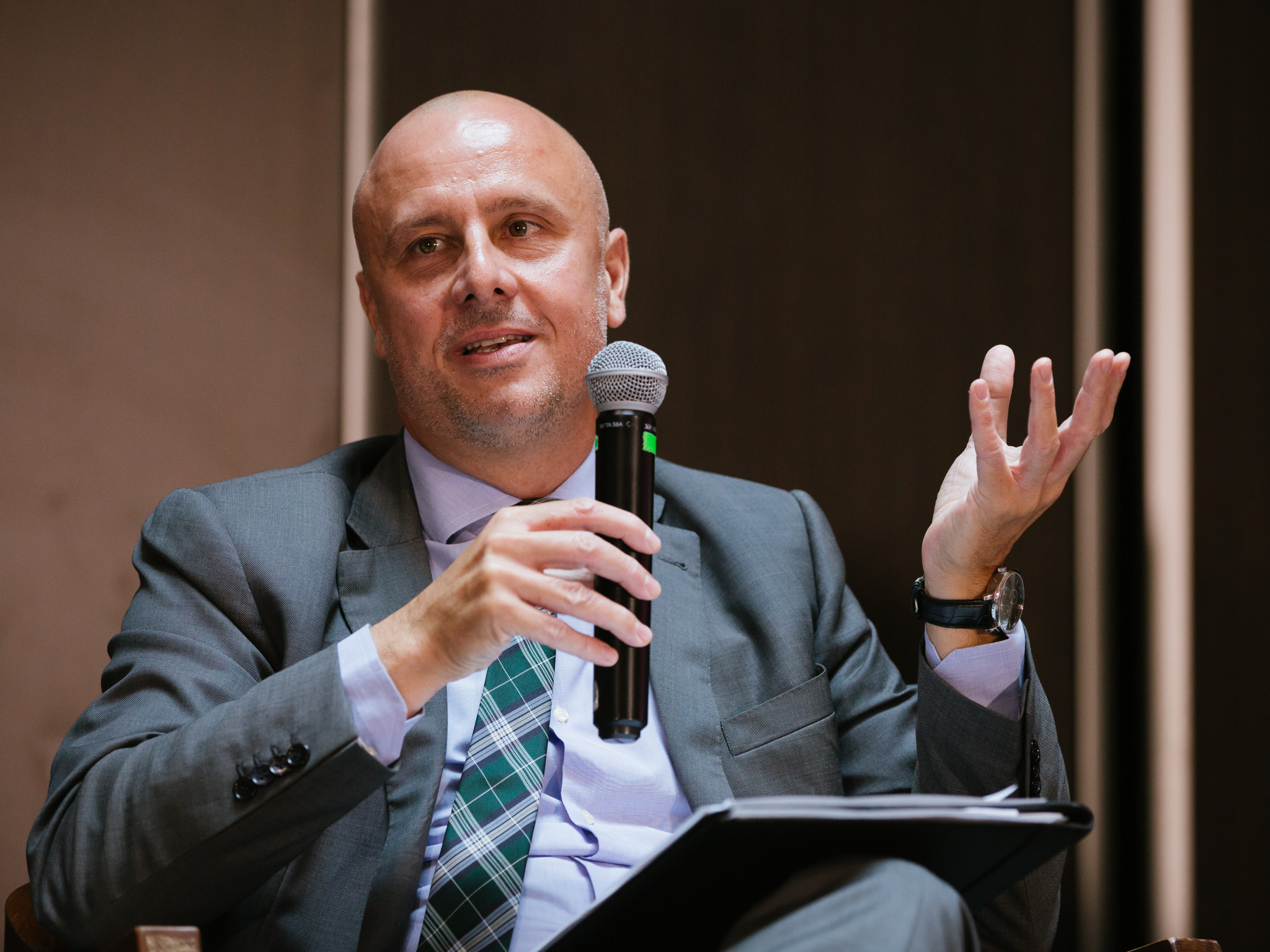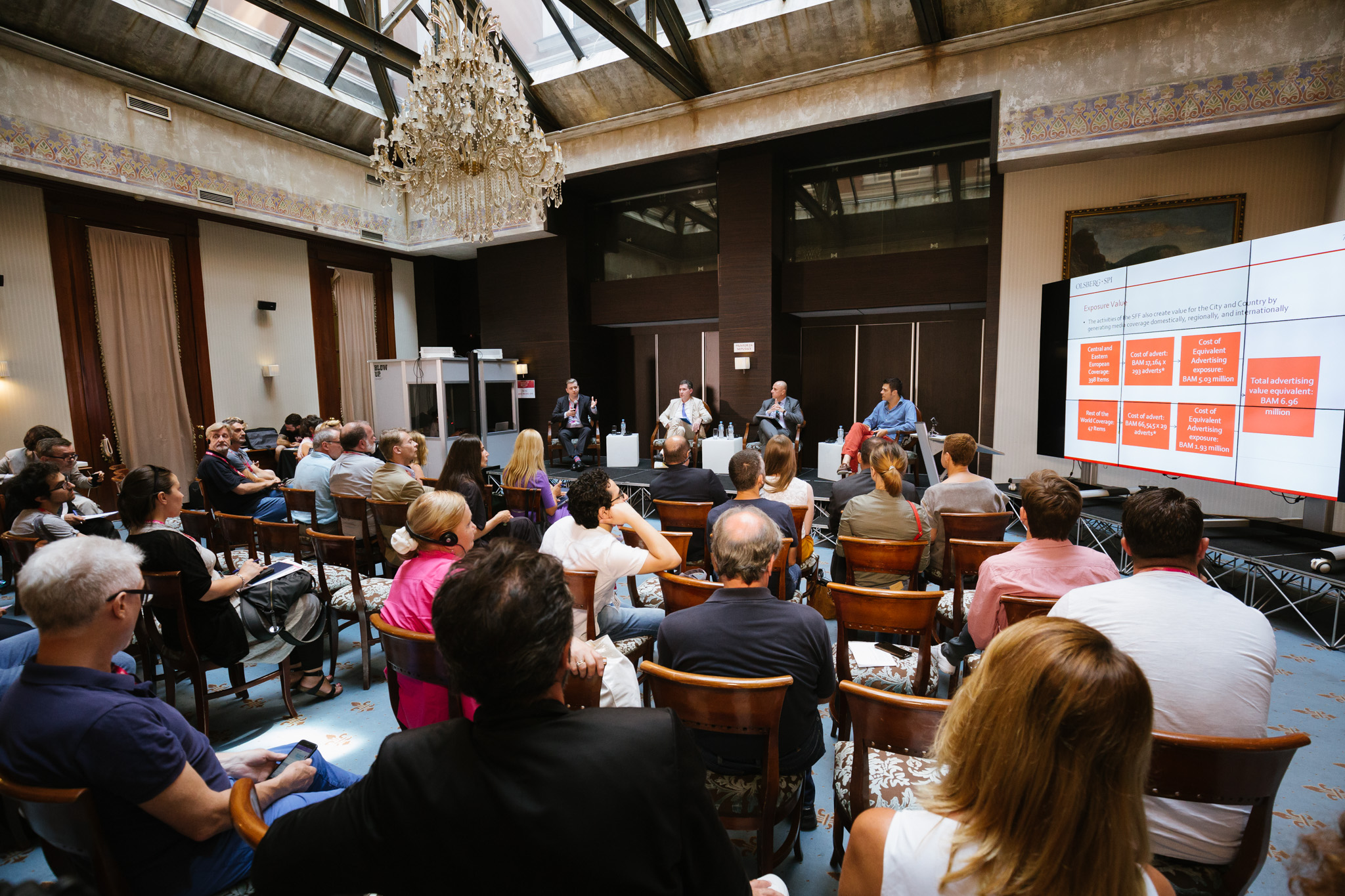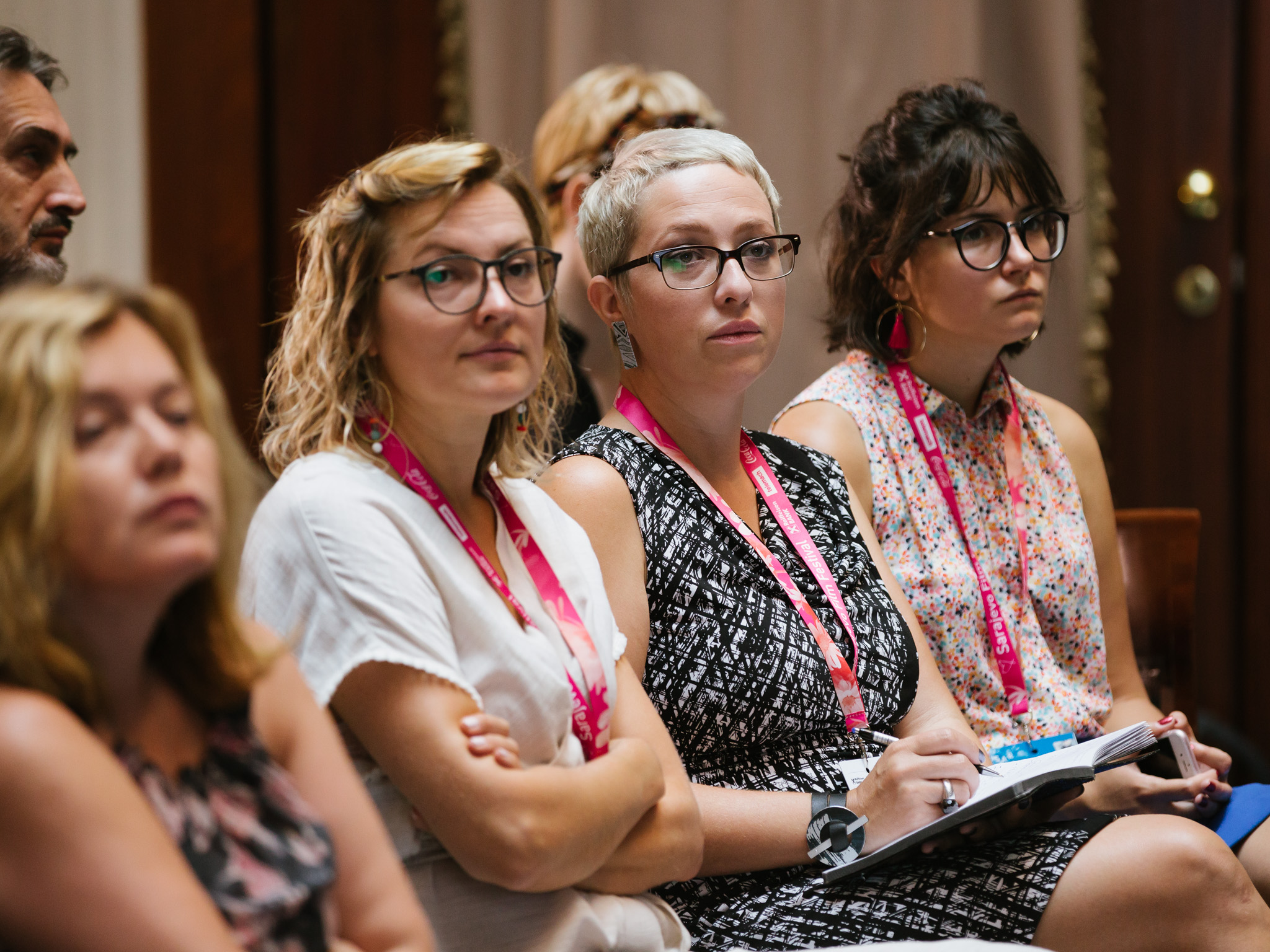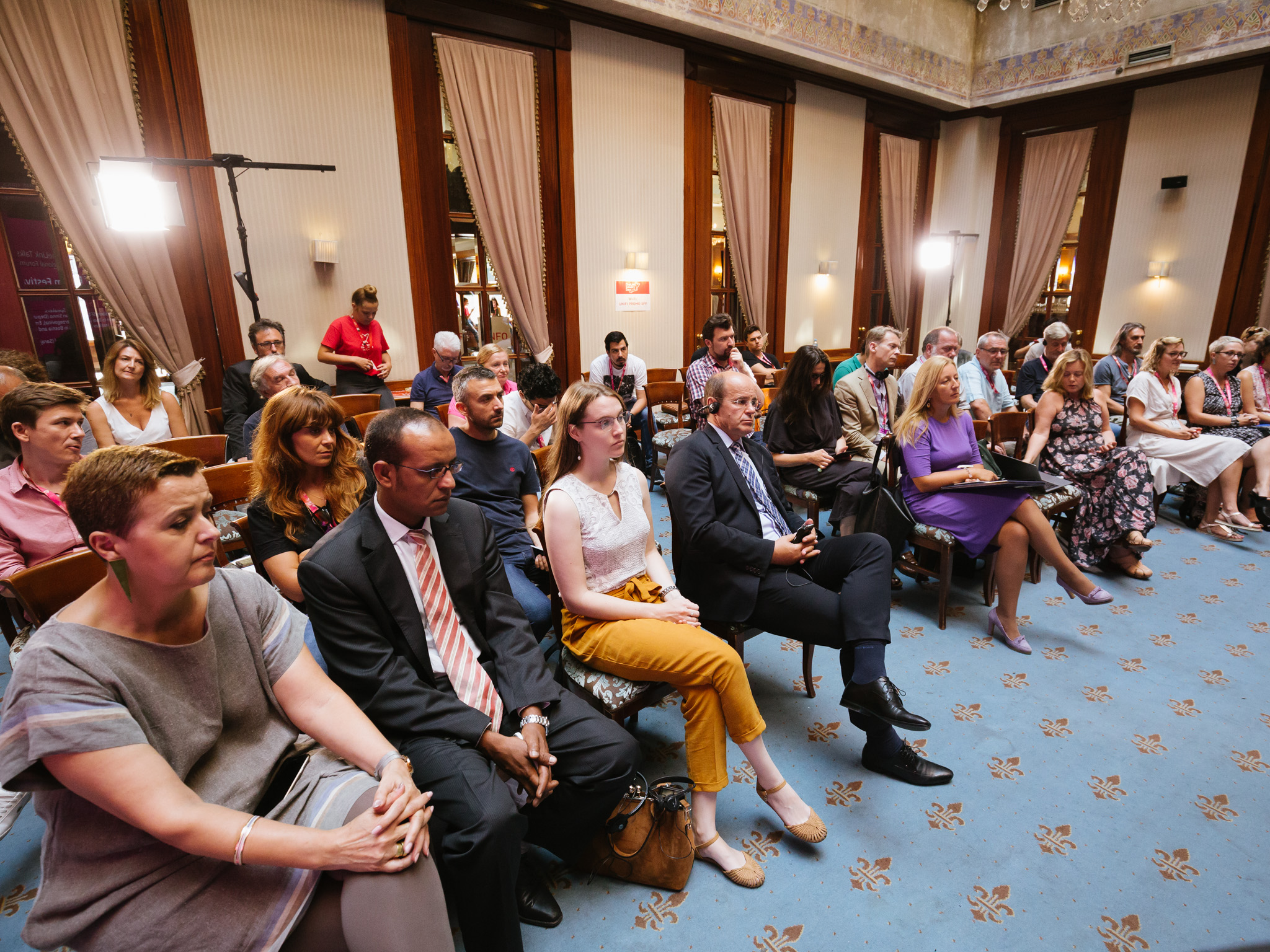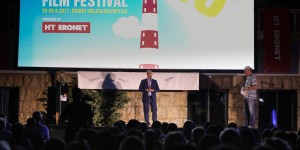“The European Union is dedicated to promoting cultural diversity, protecting cultural heritage and supporting the contribution of cultural and creative industries to boosting growth and jobs across the EU,” emphasised Khaldoun Sinno, Chargé d’Affairs of the Delegation of the European Union to Bosnia and Herzegovina during a panel discussion on “The impact of festivals on economy, culture and society” organised today under the auspices of Sarajevo Film Festival.
Culture plays and important role in the European Union and represents and an important component of the EU integration process, based on common values and common history thus through specific support, the EU is assisting festivals which are emerging as a fast-growing sector of tourism and have a significant economic and social impact on the communities. The European Union is providing support to all involved in cultural and creative sectors, from local communities celebrating cultural heritage to the producers of award-winning films and recognised festivals throughout Europe.
“The European Union places a very high emphasis on culture,” underlined Sinno, adding that the size of the cultural sector should not be underestimated. “Culture contributes to 2.5% of the EU’s GDP and 4% of Europeans are employed in this sector, while, in comparison, 5% are employed in agriculture,” Sinno stated.
The panel discussion was organised by Sarajevo Film Festival’s CineLink industry programme which has become a gathering of South-East European film professionals and has played a crucial role in expanding cinematic co-production in the region. The comprehensive analysis on the impact of the festival in various sector showcased the relevance of the festival not only to the film professionals and the overall industry, but also to the economic and social development of the community.
Director of the French Institute in Bosnia and Herzegovina Emmanuel Mouriez noted support provided by France to cultural production in the country. “Sarajevo Film Festival has had a fundamental role in the reconstruction of the cinematographic industry,” Mouriez stated, adding that today’s signing of a cinematic co-production agreement between France and Bosnia and Herzegovina will increase cooperation between the two countries and promote common cultural heritage.
Minister of Civil Affairs of Bosnia and Herzegovina Adil Osmanovic highlighted the rapid growth of the cinematography in the country and the contribution of the Sarajevo Film Festival to the export potential of the BiH film industry. “Creative cultural activities represent dynamic sectors which are rapidly growing in the global economy and as such contribute to the economic development, growth of income and new employment. The study on the impact of SFF reaffirms the potential and the significance of the Festival in BiH,” said Minister Osmanović.
Since 2013, Bosnia and Herzegovina has been participating in Creative Europe, the biggest EU programme aimed to support culture. To date, 98 projects have received funding in the total amount of around two million euros. Development of nine documentary and feature film projects has been supported, as well as the distribution of over 60 films.
Sarajevo Film Festival has been a beneficiary of the programme Creative Europe, sub-programme MEDIA for five years, which has enabled the festival to grow and develop, showcasing a high standard of professionalism and international recognition of the festival which has generated millions of direct and indirect income for the local economy and jobs for over a thousand people.



